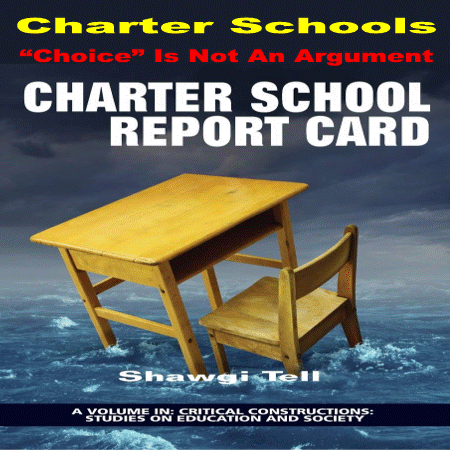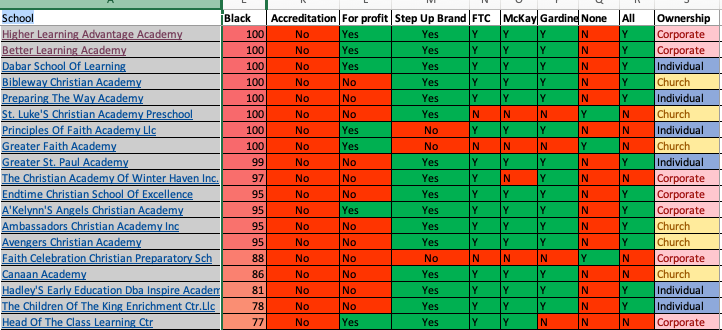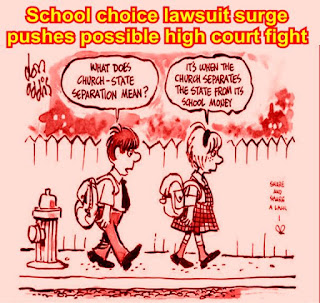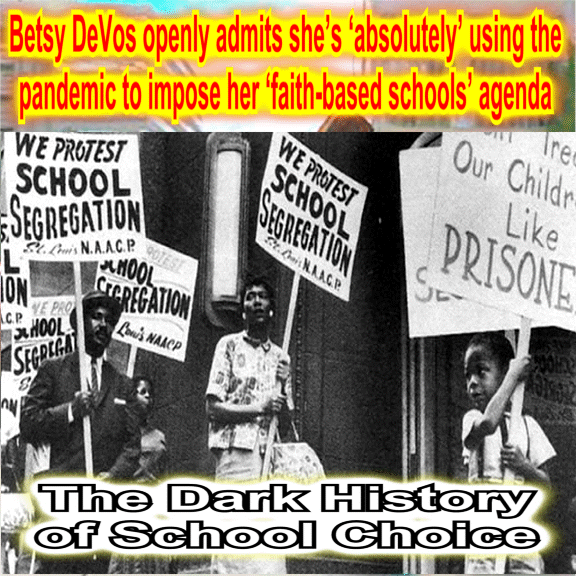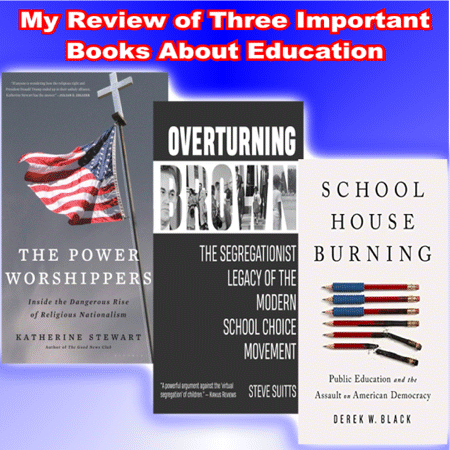Three years ago in West Virginia, roughly 20,000 educators went on strike and shut down public schools across the state, protesting low pay and high health care costs. Their historic nine-day labor stoppage led to a 5% pay increase for teachers and school service personnel. Inspired by the success in West Virginia, strikes in states including Oklahoma, Colorado and California soon followed.
The uprising sparked a wave of national attention, and the future of teacher organizing seemed more promising than it had in years. Their movement even had a name: “Red for Ed” — which referenced the red clothing educators and their allies wore each time they took to the streets for public schools. A year later, West Virginia educators walked off the job again in an effort to defeat a bill permitting charter schools to operate in their state. This time their success was more limited; teachers watered down the legislation, but lawmakers still rammed a version through in a special session, authorizing three charters to open by July 2023, with potential for more after that.
Join our email list to get the stories that mainstream news is overlooking.
Today, it’s school choice advocates who feel they have the momentum. Since the start of the year, two states that helped launch the national teacher uprising in 2018 — West Virginia and Kentucky — have passed some of the most expansive school choice policies in the country. And public education advocates in a third pivotal “Red for Ed” state, Arizona, have been fighting CONTINUE READING: School Choice and Charter Proponents Target Public Education in Key States |










